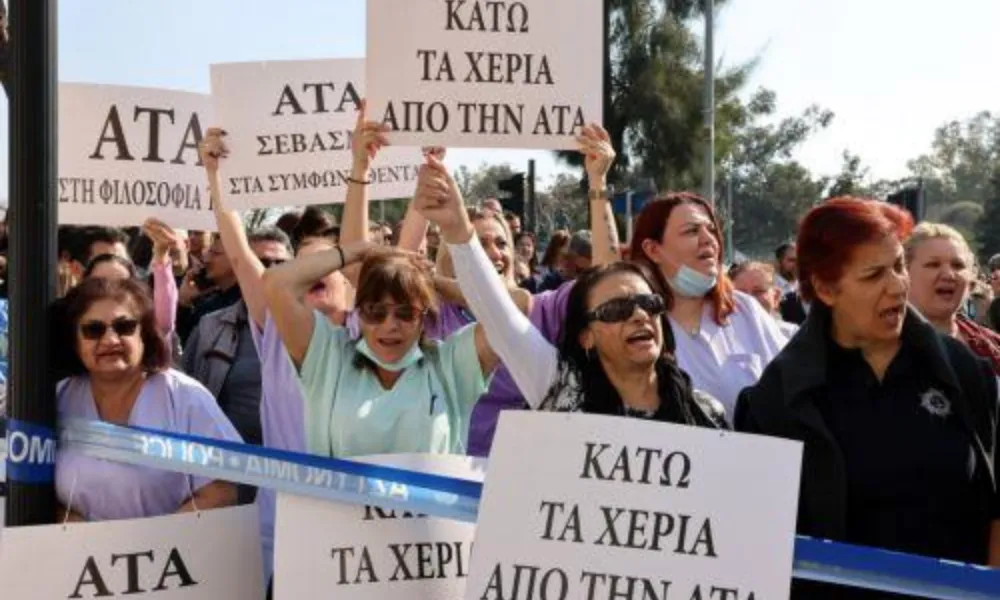When Nikos Christodoulides took over the administration of the country on March 1, 2023, one of the hot potatoes he inherited from his predecessor was the management of the Cost-of-living adjustment (COLA) issue. It was an issue he had already faced during the election campaign. About a month before the presidential elections, the unions' mobilisations were at their peak, exerting intense pre-election pressure for the full restoration of the measure based on the transitional agreement of July 28, 2017, through which it had been restored to 50% after a four-year freeze due to a memorandum.
Three months later, the President expressed his satisfaction in his statements regarding the achievement of a new transitional agreement to restore the COLA to 66.7%, which would start on June 1. In the same statements, he praised his government, saying that "during the election campaign, I had repeatedly spoken about the COLA issue and the need for an agreement. Immediately after my election and before taking office, we started the meetings – let me recall my visit to SEK (trade union) and my meeting with the OEB (Cyprus Employers & Industrialists Federation)”.
The 2023 transitional agreement provided for commitment to a permanent and comprehensive solution by June 2025. The dialogue was “inaugurated” on April 25, 2025, with excessive optimism on the part of the government that a conclusion could be reached within two months. As is evident from the statements made at the time by the Minister of Labour, the trade unions and the employers’ side, the government did not open the dialogue on COLA with its own proposals as it should have in the context of a radical restructuring and based on European and international experience. He contented himself with wishes "for everyone to demonstrate the necessary constructive disposition despite the different approaches, so that it becomes possible to reach a commonly accepted agreement".
But wishful thinking does not create political thought, nor does it open up horizons, nor does it solve problems. Today, five months later, the climate between the parties has become so tense that the government is trying with flamboyant proposals to save what is left of a "dialogue" that has not only not advanced an iota, but is slipping away from the essence of an absolutely necessary reform. Each side remains steadfast in its position, the government is trying to maintain "balances" and the thorn in the side of COLA is there to threaten labour peace and cause a climate of economic uncertainty.
We expect, even now, that the government will open a substantive discussion aimed at eliminating COLA’s distortions, so that it becomes a fair institution with benefits for low- and middle-income individuals for whom it has value, but also to preserve a stable, predictable environment for workers, businesses and the economy in general.
